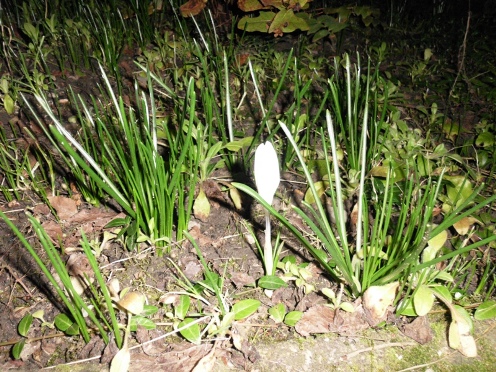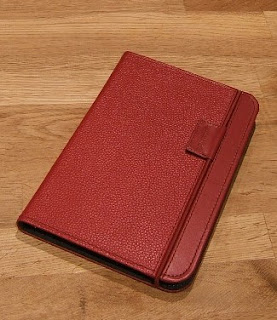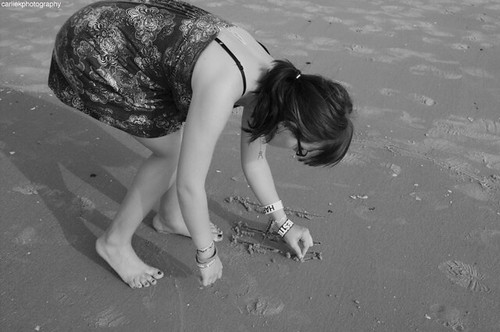Tonight, when I got home from work, I spotted the first crocus in our front garden. Yay, spring!
That's probably one of the advantages of being back at work after my 4 month writing sabbatical: I go out more. I tend to be a bit of a recluse when I'm writing full-time. I'm a person who's easily distracted, so I need to withdraw from the world in order to get the words out.
Now that I'm back at my job, I do miss the freedom of being in control of my own time, all the time, but it's good. I love teaching, and it gives me distance from my manuscript, which is always a good thing when editing and rewriting.
Now, as a quick update, what's new in the writing and blogging part of my life?
Writing
In the past months I've finished the 1st, 2nd, ... and nth drafts of my novel, and I'm of course still editing and rewriting, which I will be for a while longer.
Most of all, these months have taught me how much I love writing (and reading, for that matter). It's worth all the time, effort and energy I put into it. I am so lucky, to know and feel every day that I'm doing what I am passionate about.
Blogging
I love blogging, and I don't think that's going to change any time soon. It's great writing practice, and it helps me to organise and collect my thoughts on the different topics I'm interested in.
My blog might feel a bit all over the place, but it's not, really. It represents my never-ending quest for value and authenticity: in life, in love, in thoughts and emotions.
If something captures my attention, I take a closer look, experience, analyse and share. This is my way of becoming more whole, of getting to know myself better and figure out what I can contribute to the world we live in.
On top of that, through writing and blogging I have met a lot of interesting people so far, which will only increase in the future.
That's one of the reasons why I've decided to take part in the
A to Z Blogging Challenge. In April 2011, 300 bloggers will make daily posts, based on the letters of the alphabet.
It sounds like a great community event, and I'm expecting to have a lot of fun and meet a bunch of interesting folks along the way.
Feel free to say hi if you're also in! :-)
♥ Bookmark or share this post ♥












